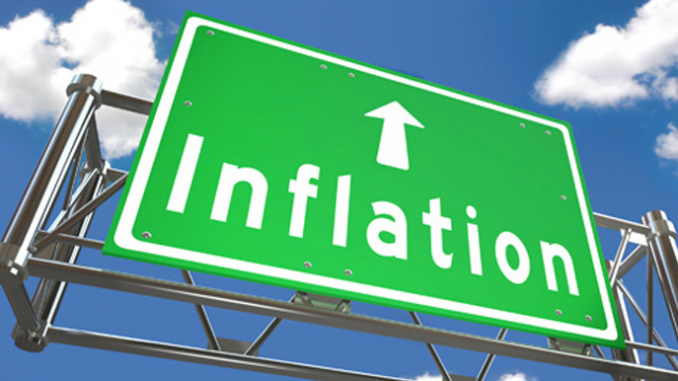
As Nigeria awaits the release of its June Consumer Price Index (CPI) report, market expectations are pointing to a continued easing in inflationary pressure. Lukman Otunuga, Senior Market Analyst at FXTM, has projected that headline inflation will drop to 21.4% year-on-year, down from 23% in May, marking the fourth consecutive month of decline.
Otunuga noted that while the anticipated drop in inflation may provide temporary relief to the Central Bank of Nigeria (CBN), it is largely attributed to technical adjustments and recent gains in the naira—buoyed by stronger non-oil exports and a weaker U.S. dollar.“The slowing inflation could offer some breathing room for monetary policymakers,” Otunuga said, ahead of the CPI release by the National Bureau of Statistics. “However, the improvement is largely technical and may not reflect deeper structural progress.”
Given the trend, Otunuga expects the CBN’s Monetary Policy Committee (MPC) to hold the benchmark interest rate at 27.5% during its next meeting later this month. The central bank has aggressively raised rates over the past year to combat inflation and stabilize the naira.
On the fiscal side, the FXTM analyst flagged challenges tied to Nigeria’s 2025 budget assumptions, which were based on crude oil production of 2 million barrels per day (b/d) and an average oil price of $75 per barrel. However, recent production data from the Organization of the Petroleum Exporting Countries (OPEC) shows that Nigeria only managed 1.544 million b/d in May, significantly below target.
Meanwhile, Brent crude prices—a key benchmark for Nigeria’s oil earnings—have struggled to maintain upward momentum. Although prices have risen 4% in July, they remain over 6% lower year-to-date, trading around $70 per barrel, well below the government’s benchmark.
“Nigeria hopes to ramp up production to 1.9 million b/d by the end of 2025,” Otunuga said. “But even if achieved, its economic impact may be muted if oversupply and weak demand continue to suppress oil prices.”
He added that Nigeria’s broader economic outlook remains vulnerable to global market forces, particularly as the world braces for a new wave of financial volatility.
Otunuga warned that a series of high-impact global events—including U.S. inflation data, the unofficial start of corporate earnings season, and regulatory debates in the U.S. over cryptocurrency policy (Crypto Week)—could inject fresh uncertainty into global markets.
In addition, growing tensions in global trade could complicate recovery prospects. Last week, former U.S. President Donald Trump threatened to impose 35% tariffs on imports from the European Union and Mexico, raising concerns about a return to protectionist policies and potential disruptions to international commerce.
With the June inflation data expected to shape investor sentiment and guide monetary policy decisions in the near term, analysts and market participants will be closely watching the numbers—and the CBN’s next moves.






